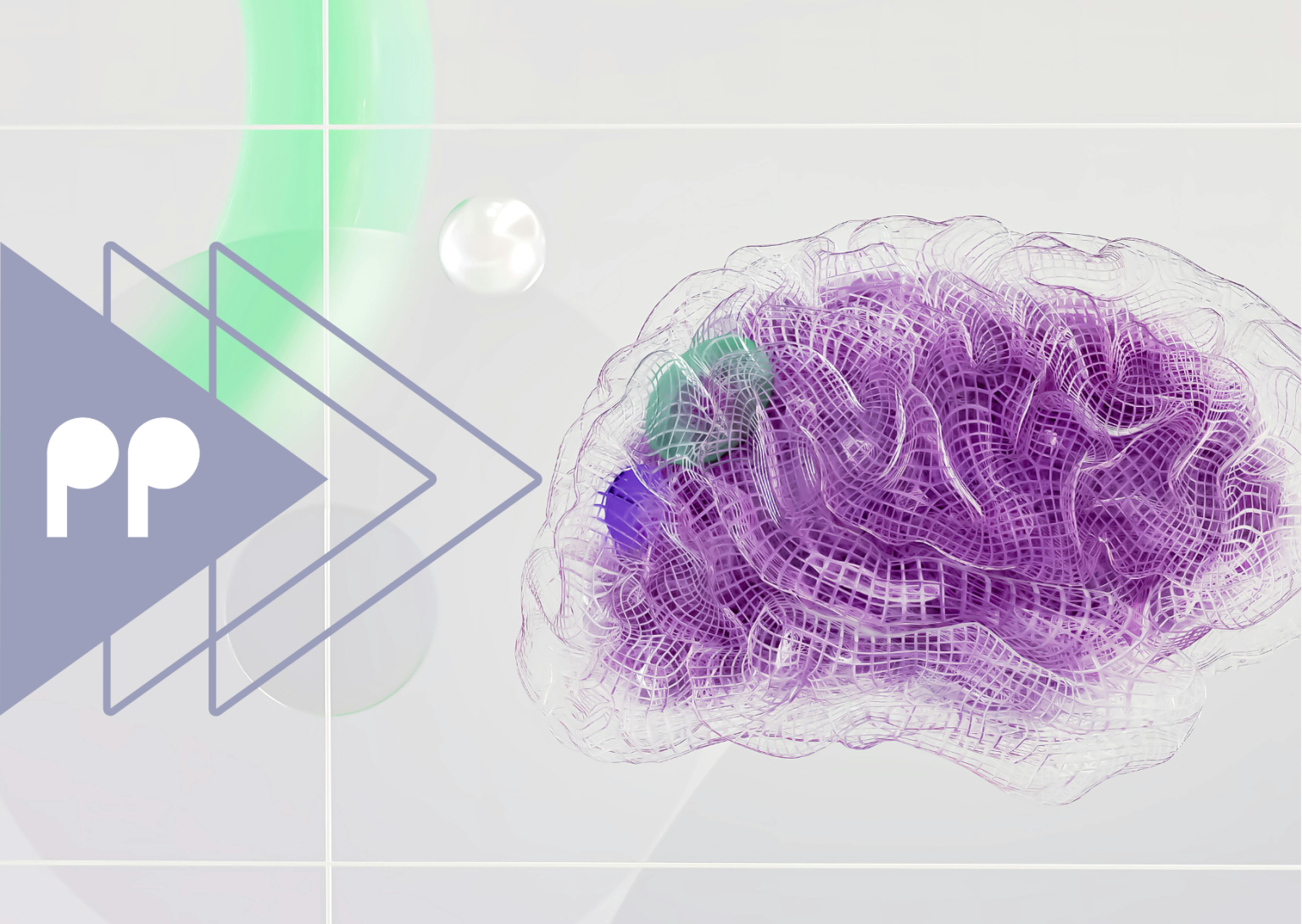The advent of AI and LLM technologies has seized the spotlight in the political debate in this mega election year. Perceived as either a disruptive force by tech-conservatives or a beacon of hope for more tech-savvy politicos, the incorporation and utilisation of such technology have simultaneously sparked concerns and opportunities.
In our previous articles, we explored which political roles are under risk of the looming spectre of AI automation, offering guidance on navigating the escalating challenges of aligning with today’s technological and political currents. Furthermore, we also dispelled misconceptions surrounding AI’s potential capacity to influence the outcome of this year’s elections.
Today, we pivot to examine examples of how public officials have integrated AI and leveraged its vast reservoir of data to enhance political processes. By comprehending the technology’s potential, we aim to address pivotal questions regarding how politicians can adapt to societal and electoral needs and concerns.
The first AI political party
The Synthetic Party, a pioneering political tech entity in Denmark, stands as the prime experiment that melded artificial intelligence with governance. Founded by the collaborative efforts of Computer Lars – an artist collective – and the MindFuture Foundation, this party boldly introduces Leader Lars, an AI chatbot, as its public figure and guiding force.
Recognizing the electorate’s fascination with technology, the release of the chatbot taps into the potential of the provided human input when training the application. Simultaneously drawing insights from the historical narratives of the traditional Danish parties’ manifestos, the Synthetic Party aims to represent the voices of the 20 percent of Danes who typically abstain from voting.
Engaging with citizens via Discord, Leader Lars solicits and synthesises information about electoral concerns. Furthermore, by leveraging AI for impartial decision-making, party members glean crucial insights into electoral concerns, enabling them to draft and advocate for policies that best represent their target group of potential supporters.
While the party has not yet appeared on any official ballots, its human members remain steadfast in their commitment to realising the party’s AI-driven agenda.
AI as a governmental counsellor
Another illustration of how political institutions grasped the public’s readiness to engage with AI technology to extract vital insights from the human input is ION—the honorific government advisor of the incumbent administration of Romania.
Hard to spot at first glance, ION is a robot designed to resemble a mirror, intending to serve as a transparent and tangible embodiment of citizens within the government. During the demo, its inaugural words are: “Hello, you gave me life. I am ION. Now, my role is to represent you, just as in a mirror. The messages addressed to me reflect our own portrait. Teach me how to represent you.”
Developed through collaboration among experts from top-tier universities, ION harnesses input from citizens via its own AI chatbot, aimed at analysing and transmitting pertinent information to policymakers.
The AI governmental advisor is still in its development phase. The chatbot, initiated with the prompt “What would you like to know?”, is not yet capable of replying. However, in an official press release, the Romanian government disclosed that within just a month, ION had collected over 750,000 messages. It could be a valuable tool to provide responses with official information to key civic questions such as “How can I vote this year?” Instead, following providing the input—whether in the form of a sentence or a question—the chatbot so far just responds: “Thank you. I am learning”. However, how this tool will appear in its final phase remains to be seen.
ION has multiple advantages: apart from embodying a government open to cutting-edge technology, it efficiently gathers first-party data, bypassing the need for costly surveys. Additionally, it processes this information through data analysis in real time for governmental meetings, providing citizens’ concerns in a refined format with the ultimate purpose of enhancing policy development.
The AI-augmented politician
Andrew Gray, a lawyer by profession, ventured into UK politics with a unique approach. Running for parliament in a by-election in northern England in 2023, Gray’s independent campaign stood out as Britain’s first AI-powered candidacy. His manifesto, generated by an artificial intelligence tool, aimed to bridge political divides and offer a fresh perspective. The document, based on input from 275 participants across 46 discussion groups using the Polis tool, reflected a collaborative effort to identify common ground on key issues.
Gray’s use of AI technology underscored his belief in harnessing innovation to address the current political challenges and to better represent the diverse viewpoints of constituents – a task he perceived the current government as failing to accomplish. However, he finished 11th out of 17 candidates, garnering only 99 votes.
A new era of governance
These examples illustrate how the incorporation of technology into political processes can enable political entities to better comprehend and represent the diverse viewpoints of their constituents, thereby fostering inclusivity and enhancing democratic representation. The capacity of AI to collect and analyse vast amounts of data in real-time empowers policymakers to make more informed decisions and formulate policies that resonate with the needs and concerns of the public. However, it does not guarantee electoral success.
Overall, the integration of AI in politics has the potential to produce a paradigm shift towards a more responsive, inclusive and efficient political system. In unscrupulous hands, it also has a more sinister potential for social control. As we continue to explore the potential of AI technologies in the political sphere, it becomes evident that they will play an increasingly significant role in shaping the future of governance.

